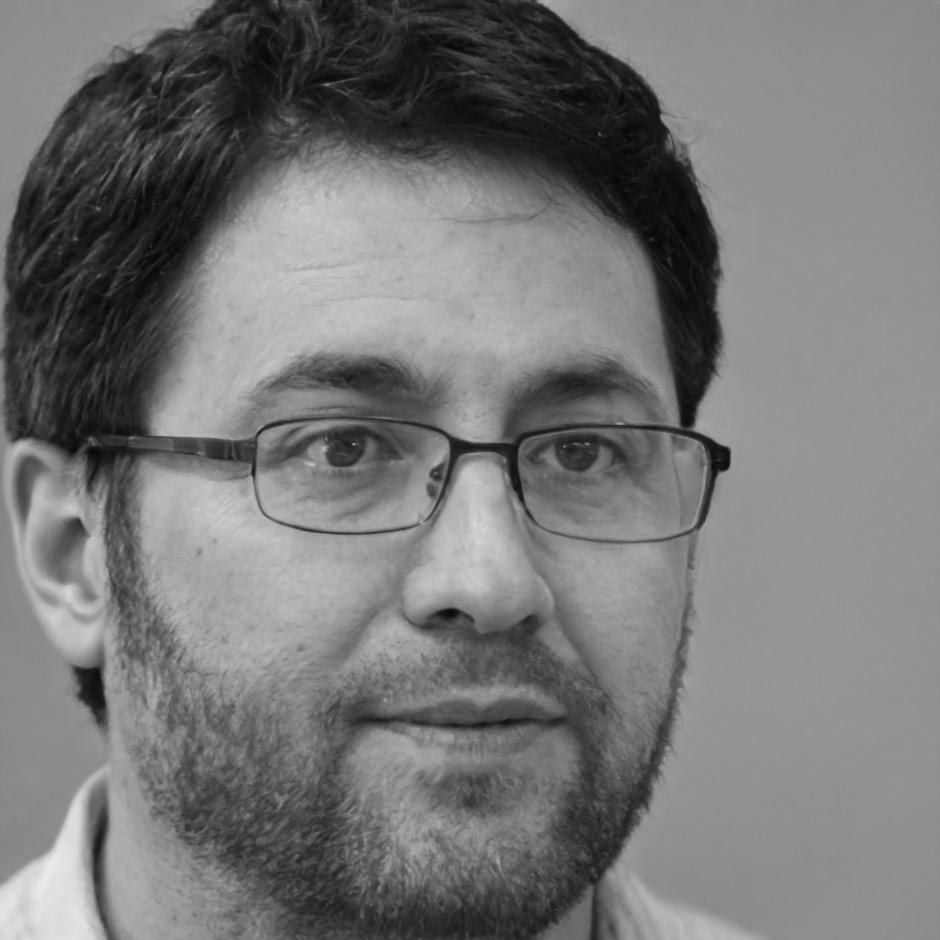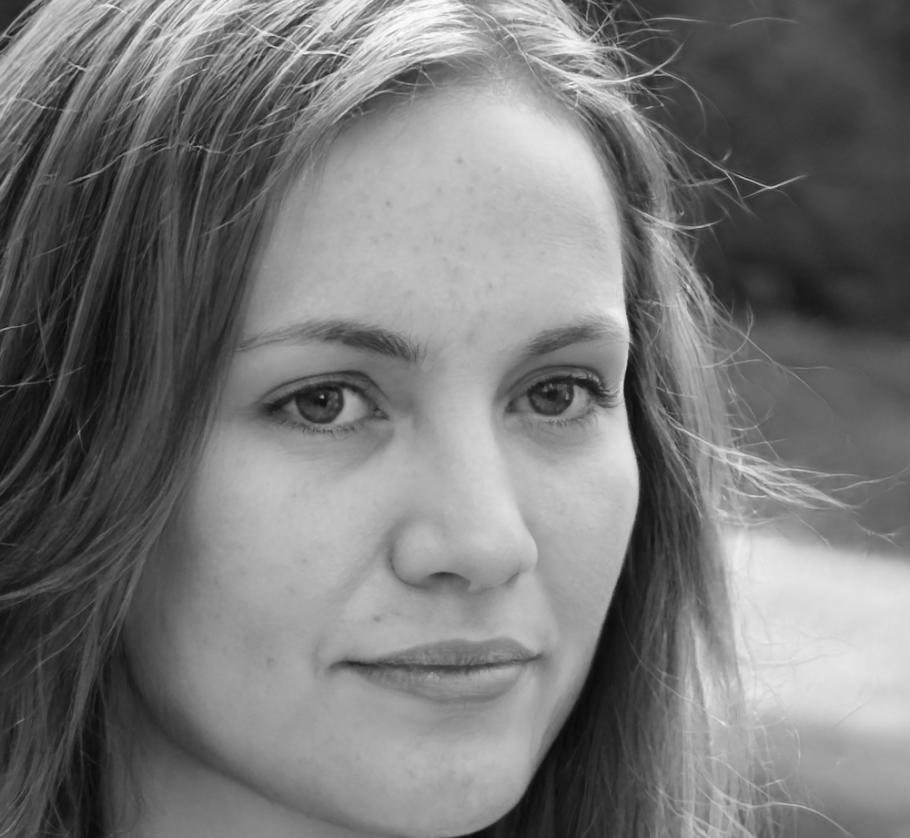Financial Decision Making Program
We're running a structured program that walks through the actual frameworks people use to make better financial choices. Not theory from textbooks—just the practical bits that matter when you're looking at your options and trying to figure out what makes sense.
Our autumn intake starts September 2025. Sessions run weekly over twelve weeks, with smaller group discussions where you can work through your specific situations. Most participants are business owners or professionals who've realised they need a clearer approach to evaluating opportunities.
The curriculum focuses on risk assessment, opportunity cost analysis, and building decision frameworks that fit how you actually think. We avoid the jargon where possible and stick to methods you can use right away.

What You'll Actually Learn
Four modules that build on each other. Each one gives you a specific tool or framework you can start applying immediately. We keep sessions focused on practical application rather than endless theory.
Decision Architecture
How to structure your thinking when evaluating financial choices. We look at cognitive biases that trip people up and build simple systems to counter them. You'll map your current decision patterns and identify where things go sideways.
Risk Evaluation Methods
Practical frameworks for assessing what could go wrong without becoming paralysed. We cover probability thinking, scenario planning, and how to quantify risks that feel subjective. Real examples from participants' situations.
Opportunity Cost Analysis
The hidden price of every choice—what you're giving up by saying yes. We'll work through methods to compare competing options fairly and recognise when you're falling for sunk cost fallacies. This module changes how people think about commitments.
Implementation Systems
Turning decisions into action without second-guessing yourself into inertia. We build personal accountability structures and review processes so you can learn from outcomes. The goal is continuous improvement, not perfection.
Who Runs The Sessions
Small teaching team. Both have spent years working with people on financial decisions—mostly business owners and professionals dealing with complex choices. They focus on helping you develop your own thinking rather than prescribing solutions.

Henrik Lundqvist
Spent fifteen years advising mid-market companies on capital allocation. Now focuses on teaching decision frameworks to people who want clearer thinking. Henrik's known for breaking down complex situations into manageable pieces and asking the questions you haven't considered yet.

Siobhan Kerrigan
Background in behavioural finance and risk psychology. Siobhan works with participants on recognising their decision patterns and building better habits. She's particularly good at helping people understand why they make certain choices under pressure and how to adjust their approach.
Programme Timeline
We're taking applications now for our autumn cohort. Limited to eighteen participants so there's room for proper discussion. Sessions are Tuesday evenings at our Coffs Harbour location, with optional Saturday workshops mid-programme.
Applications Open
Submit a brief application explaining what decisions you're currently facing and what you hope to learn. We'll have a short conversation to make sure the programme fits your needs. No formal prerequisites—just genuine interest in improving how you think about choices.
Programme Begins
Orientation session where we establish group norms and introduce the core frameworks. You'll complete an initial assessment of your decision-making patterns to identify areas for focus. First homework assignment sets the tone—practical work, not busywork.
Mid-Programme Workshop
Half-day intensive where we work through real decisions participants are facing. You'll apply the frameworks in small groups and get feedback from facilitators and peers. This is where things typically click for most people.
Programme Concludes
Final session focused on implementation planning. You'll leave with a personalised decision framework and review system. We also set up ongoing peer accountability groups for those interested in continuing the work together.